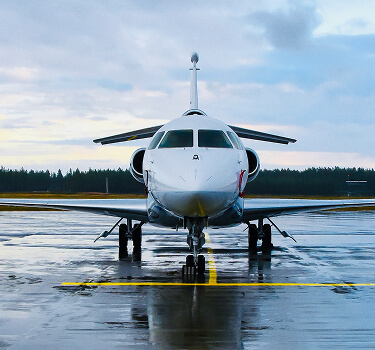SAF undergoes a rigorous certification process to ensure it meets performance and safety standards. This process is divided into several testing tiers:
Tier 1: Fuel Specification Properties
– Focuses on properties related to engine safety, performance, and durability.
– Standards referenced: ASTM D1655, DEF STAN 91-091, MIL-DTL-83133, MIL-DTL-5624.
Tier 2: Fit-for-Purpose Properties
– Bulk Physical and Performance Properties: Includes boiling point distribution, vapor/liquid ratio, thermal stability breakpoint, lubricity, viscosity, specific heat, density, surface tension, bulk modulus, thermal conductivity, water solubility, solubility of air.
– Electrical Properties: Dielectric constant, electrical conductivity, response to static dissipator.
– Ground Handling/Safety: Effect on clay filtration, filtration (coalescers & monitors), storage stability, toxicity, flammability limits, autoignition temperature, hot surface ignition temperature.
– Compatibility: Preliminary materials compatibility, additive compatibility & performance.
Tier 3: OEM Potential Test Requirements
– Compatibility: With engine and airframe seals, coatings, and metallics.
– Additive Compatibility: For new fuels only.
– Turbine Hot Section: Tests for oxidative or corrosive attack on turbine blade metallurgy and coatings.
– Component Tests: These include the fuel system, fuel control, fuel pump, fuel nozzle, APU cold filter, fuel gauging, and airframe fuel system.
– Combustor Rig Tests: Cold starting, lean blowout, aerial restarting, turbine inlet temperature distribution, combustor efficiency, flow path carboning/plating, emissions, APU altitude starting.
Tier 4: Engine Testing
– Endurance: Long-term performance and reliability.
– Performance: Efficiency and output.
– Operability: Functionality under various conditions.
– Aircraft Flight Testing: Real-world performance validation.
The process flow shows that if fuel or additive properties are acceptable after OEM review, it proceeds to further testing and validation. If the results validate suitability for engine/aircraft use, it advances to ASTM ballot. If not, the fuel or additive is rejected.



